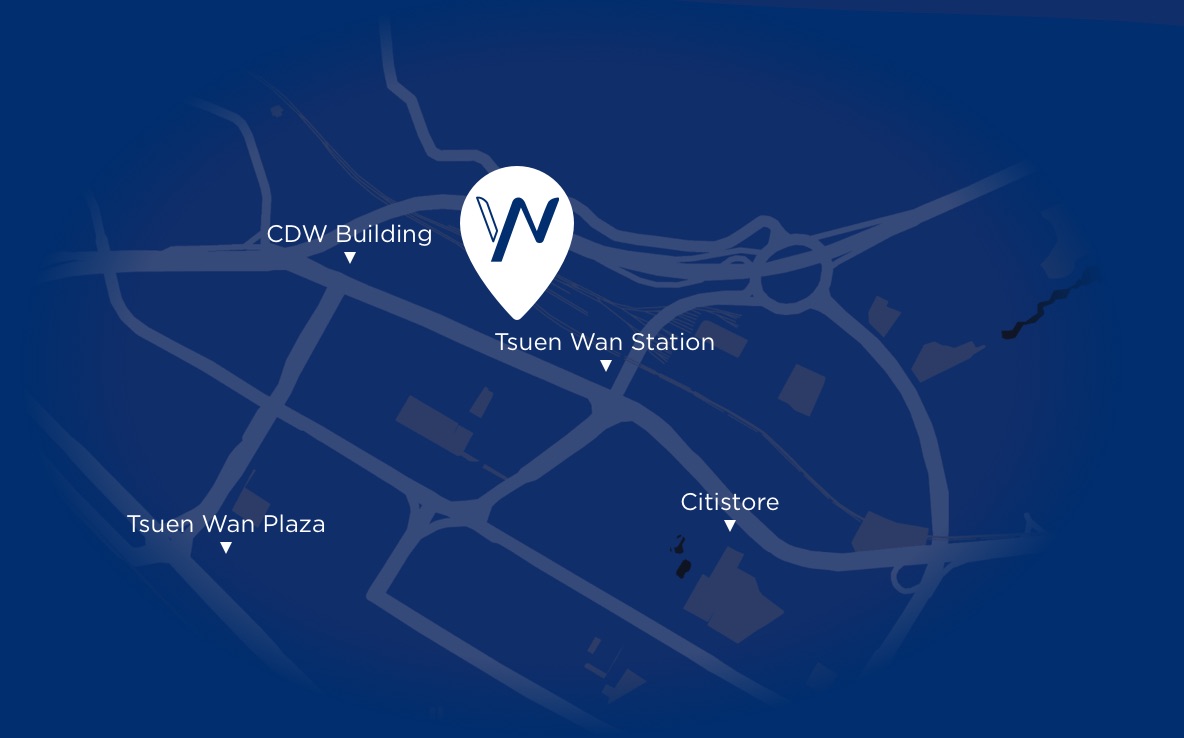Hong Kong is a leading international business hub, strategically located and known for its pro-business environment and world-class infrastructure, that has seen a steady increase in foreign businesses looking to establish a base to access Asian markets. This article will provide guidance for Australian businesses looking to establish a subsidiary in Hong Kong.
Advantages to Having a Subsidiary Company in Hong Kong
- It’s the Gateway to Asia: Hong Kong’s central location provides close access to the vast and growing markets of mainland China and Southeast Asia.
- The Simple Tax System: The low and territorial tax system is significantly efficient, which we expand on below.
- Doing Business is Easy: Hong Kong offers a well-regulated and stable environment, consistently placing among the top 10 places to do business according to the World Bank.
- International Financial Hub: Gain access to a wide range of banking and financial services designed to cater to international businesses.
- English Proficiency: With English as one of the official languages, there are few other places in Asia easier for Australians to broadly communicate with
A Note on Profits Tax
Australia will tax foreign subsidiaries if they conduct business in Australia and are majority controlled by Australian directors and their associates. Foreign subsidiaries that are incorporated by Australians and conduct business outside of Australia are generally not taxed directly by the Australian government on the company’s income. Australian shareholders should be mindful however, that the dividends they remit back to Australia will be taxed on a tiered system should they hold at least 10% of shares in the company.
Hong Kong and Australia have a Tax Information Exchange Agreement (TIEA) where tax payer information can be provided to the other party on request, which then goes through a grueling approval process that often makes enforcement particularly challenging.
Meanwhile, Hong Kong only taxes profits generated within the territory at a rate of 8.25% on assessable profits of the first HK$2,000,000, and 16.5% on any remaining assessable profits over the first HK$2,000,000.
| Aspect | Hong Kong | Australia |
| Tax Base | Profits arising in or derived from Hong Kong | Taxable income of resident companies |
| Tax Rates | 8.25% on first HKD 2 million of profits, 16.5% on profits above HKD 2 million | 25% for Base Rate Entities (BREs), 30% for other companies |
| Territorial Taxation | Yes, only profits generated in Hong Kong are taxed | No, worldwide income of resident companies taxed if they conduct business in Australia |
Required Information to Incorporate
An Appropriate Company Name
Applicants must select a unique English and/or Chinese name for their company to register into the Companies Registry. To assist, The Companies Registry offers an online search for availability on their website.
Directors and Shareholders ID and Address Proof
Applicants must submit the Articles of Association detailing the company’s directors and shareholders, complete with passport identification and address proof. Unlike Australia, none of the directors or shareholders are required to have local residency.
Registered Office Address
Every Hong Kong company must have a registered office address in Hong Kong. Virtual office services are commonly used by subsidiaries with foreign owners, and often come packaged with company secretarial and annual return services.
Capital Requirements
Like Australia, Hong Kong has no minimum share capital requirements for private limited companies, making it highly accessible and cost-effective to start a business.
Incorporation Procedures
Hong Kong’s incorporation process is quick, typically taking between 1-3 business days, and can be completed remotely, forgoing the need for applicants to travel to Hong Kong. Documents can be submitted online on the Company Registry’s website or by courier.
Documents to be Submitted
Applicants need to fill in the Form NNC1 (application for incorporation) and the company’s Articles of Association along with passport information and address proof of the directors and shareholders for KYC compliance.
Parent companies may also need to provide certified copies of their parent company’s incorporation documents to establish their subsidiary in Hong Kong.
Companies Registry Submission and Approval
On submission, the Companies Registry will review the application. If the documents are compliant, they will then issue a Certificate of Incorporation.
Business Registration Certificate
Following incorporation, a Business Registration Certificate is automatically issued by the Inland Revenue Department, allowing the subsidiary to begin conducting business.
Appointing a Company Secretary
Unlike Australia, Hong Kong mandates a company secretary, who must be a Hong Kong resident or a registered corporate service provider, but cannot also be a director. This company secretary will be the liaison between the subsidiary and the government, forwarding any government correspondence to the parent company anywhere in the world.
Minimum Cost to Incorporate
Hong Kong has a slightly higher minimum cost to incorporate compared to Australia, including online application and the company registration fee that is typically included in the business registration fee in Australia. For simplicity, we left out company secretarial fees, business address fees, and annual return fees, focusing on the minimum cost necessary to incorporate a company.
| Hong Kong ($ USD) | Australia ($ USD) | |
Business Registration Fee | $199 (1-year) | $370 |
Company Registration Fee | $283 | N/A |
Total | $481 | $370 |
Assuming a one-year certificate, renewing a BRC in Hong Kong costs US$283 per year, while in Australia the same renewal costs US$104 per annum.
| Hong Kong (USD) | Australia (USD) | |
| BRC Renewal | 283 | 104 |
Note that the values listed here may be outdated, so be sure to check with an incorporation service for the latest figures.
Opening a Business Bank Account
Opening a corporate bank account in Hong Kong will require the applicant company to submit incorporation documents, a proof of business address, identification of directors and shareholders, and details about their nature of the business when opening a bank account.
The bank will also implement stringent Know Your Customer (KYC) and anti-money laundering checks to ensure new businesses are in compliance with international standards, and may ask for a detailed business plan, details about the source of funds and ultimate beneficial owners for newly incorporated subsidiary companies. These measures can take traditional banks a minimum of two weeks to open an account.
However, with the rise of digital banks also comes fully digital onboarding procedures, including video call interviews, to save applicants in remote places the time and effort to open an account. Digital banks in Hong Kong can also significantly cut down the time needed to ready an account to 1-3 business days, and could serve as a quick alternative for new subsidiary companies
Annual Returns
Note that unlike in Australia, every Hong Kong company must file an Annual Return with the Companies Registry, including audited financial statements and profits tax returns to the Inland Revenue Department. Company secretarial services will often also offer accounting services and referrals for auditors, saving foreign owners the hassle of finding help in this regard.
Conclusion
Establishing an Australian subsidiary in Hong Kong offers a compelling strategic advantage for expanding into the Asian market. Hong Kong’s business-friendly environment, straightforward incorporation, and attractive tax rates, provides a solid platform for international growth. If you have more questions not answered here, drop us a message, and help you decide if starting a subsidiary company in Hong Kong is right for you.










